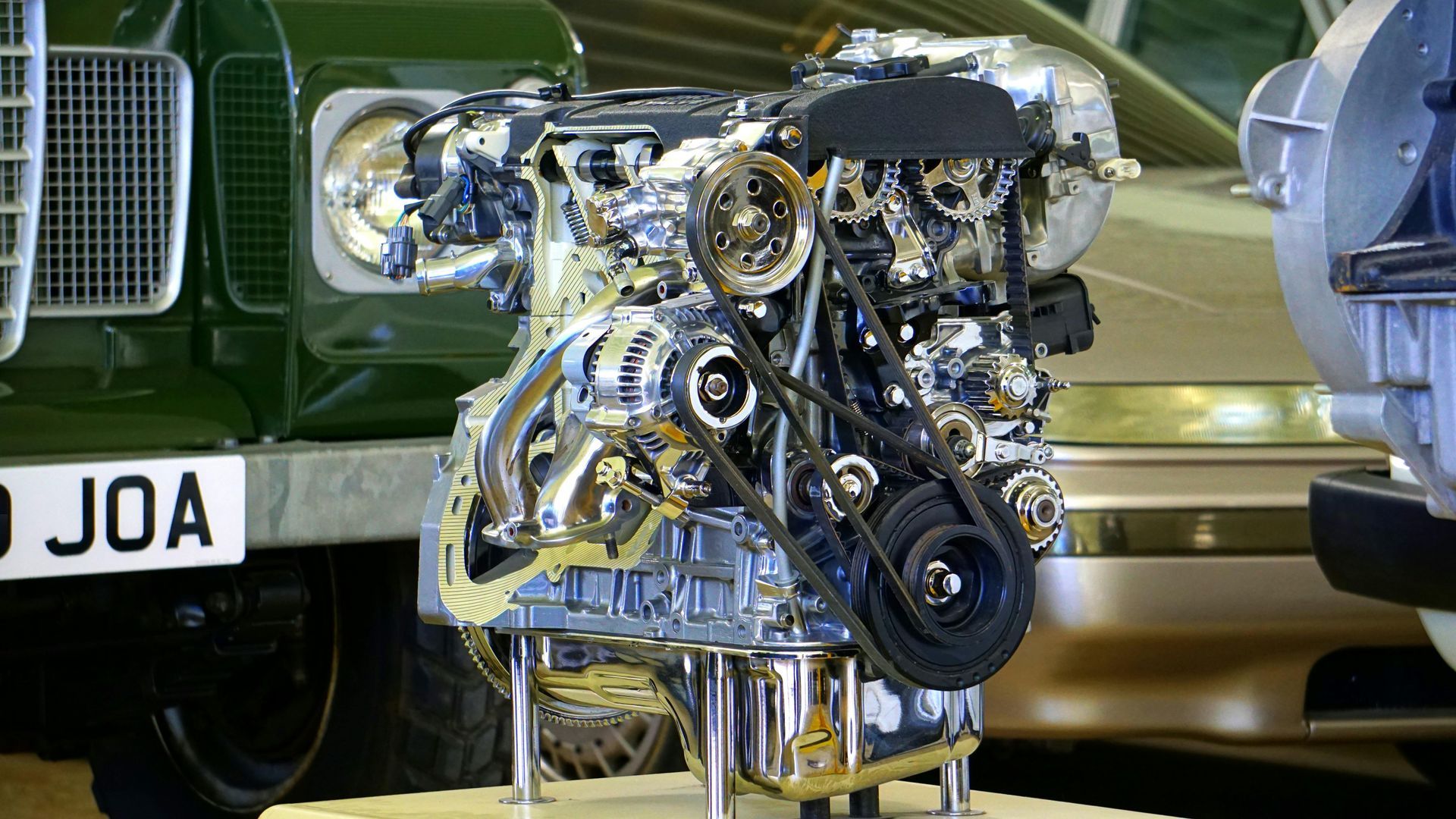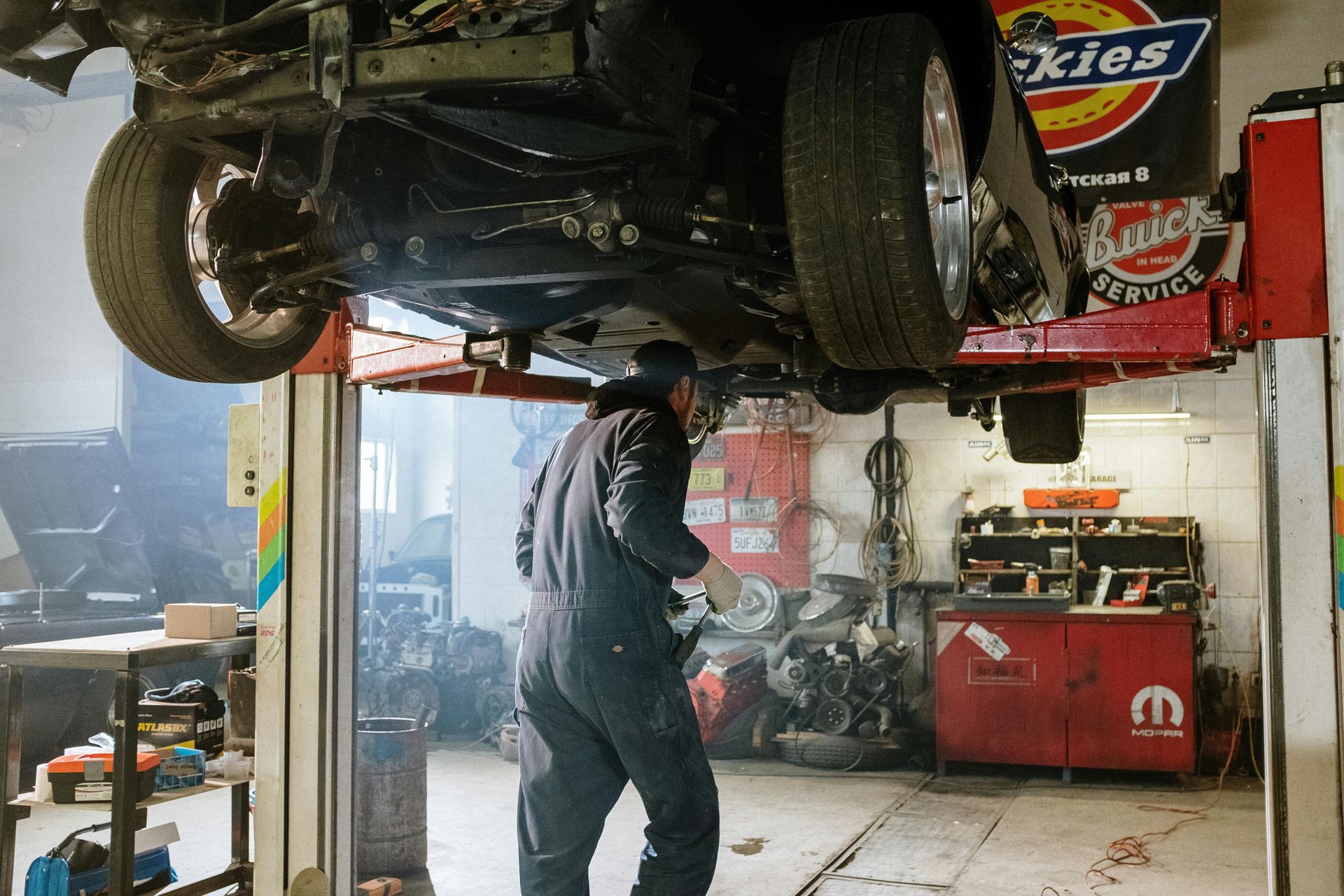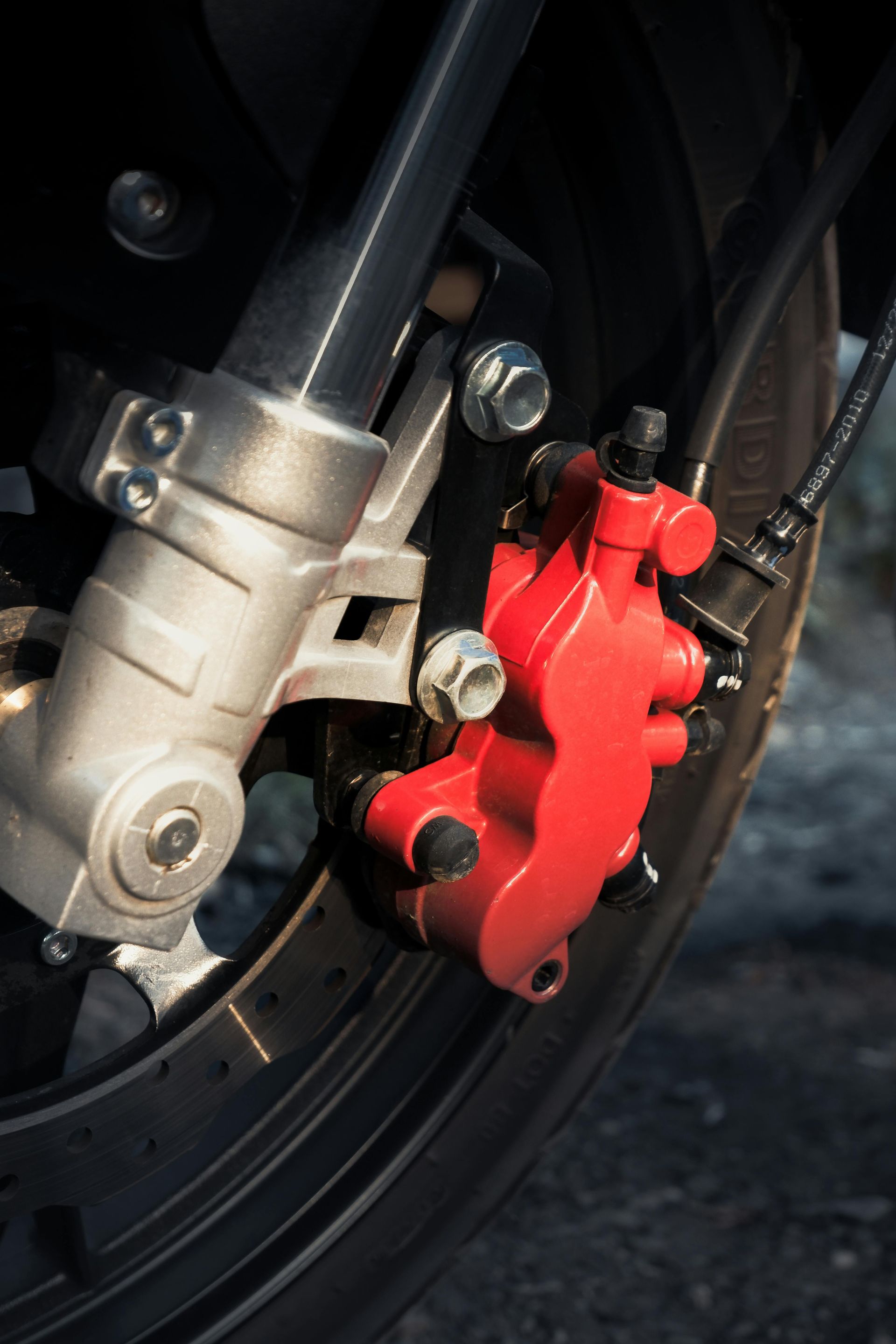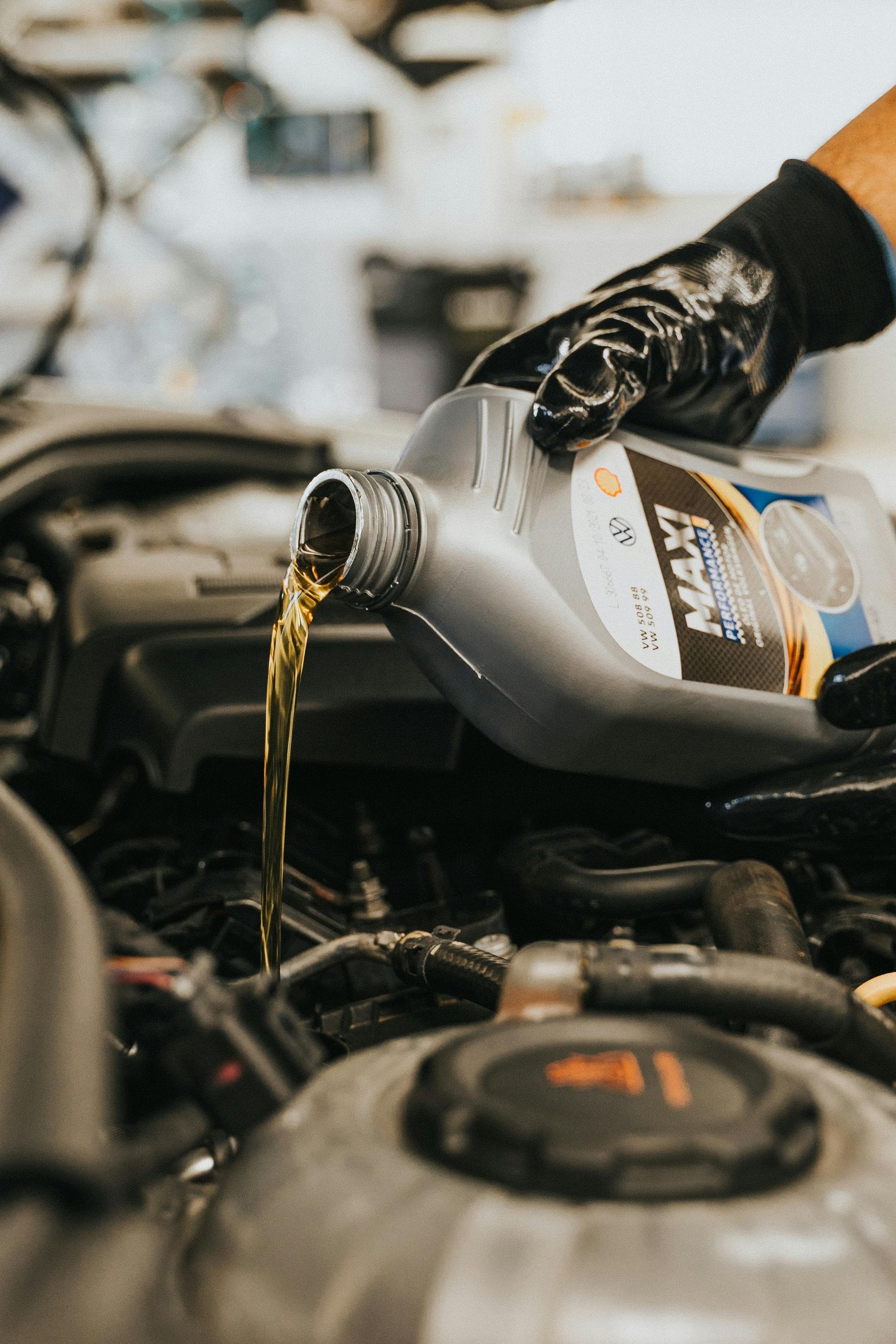Ultimate Guide to Heating and Cooling System Repair
Introduction:
Your car’s heating and cooling system is essential for a smooth and pleasant ride, especially in cold weather. These systems, vital for a pleasant ride, might reduce issues that diminish their efficiency. Understanding these typical issues and how to resolve them will help you avoid needless expenses, annoyance, and the inconvenience of heating and cooling system repairs .
Insufficient Coolant Levels
Low Coolant Alert Indications:
Low coolant levels are one of the main reasons why automobiles overheat. Some signs include the temperature gauge increasing fast, inadequate heat from the vents, or a low coolant warning light on the dashboard. This issue frequently results from leaks or gradual evaporation.
Solution:
Let the engine cool down before opening the radiator or coolant reservoir cover to address low coolant levels. As the manufacturer directs, check the coolant level and replenish it with a solution of equal parts coolant to water. Check for leaks or damage to the water pump, radiator, or hoses. If you find a leak, get expert assistance immediately to fix it.
Faulty Thermostat
Indications of a Broken Thermostat:
Inconsistent temperature readings, engine overheating, or frigid air pouring from the heater can all be signs of a broken thermostat. It’s an essential part that controls coolant flow to maintain the engine’s operating temperature.
Solution:
If you experience uneven temperature swings or insufficient warmth from the heater, replace the thermostat. First, empty the coolant, then find the thermostat housing and remove it. Ensure the gasket is still in place, and swap out the old thermostat with a new one. Fill the coolant back up and follow the manufacturer’s instructions for removing air pockets from the system.
Clogged Radiator
Signs of a Filtered Radiator:
Inadequate heat dissipation caused by a blocked radiator might result in engine overheating, decreased cabin temperature, or apparent coolant leakage. The radiator’s core may be obstructed by corrosion, sludge, or debris build-up, which will reduce heat transfer efficiency.
Fix:
Thoroughly flush the radiator to get rid of any build-up or blockages. After allowing the engine to cool, take off the radiator cap. As directed by the manufacturer, use a radiator flush solution. Refill the radiator with distilled water and a coolant mixture after emptying it. In case of persistent or severe obstruction, it is advisable to seek professional service.
Damaged Heater Core
Heater Core Damage Signs:
Poor heat distribution throughout the vehicle, cloudy glass, and a pleasant coolant odor within the cabin can all be signs of a malfunctioning heater core. Since it affects the coolant’s ability to transport heat to the interior, corrosion, leaks, or blockage are frequently to blame.
Way out:
A heater core replacement is a difficult procedure, typically requiring expert assistance. Get advice from a qualified mechanic if you think your heater core may be damaged. Examining the problem through access to the core underneath the dashboard, they will replace it if needed. Heater core damage can be avoided with routine maintenance and the use of the proper coolant.
Faulty Cooling Fans
Causes of Cooling Fan Problems:
By releasing heat, cooling fans assist in controlling the engine’s temperature. The engine might overheat if these fans don’t work properly, especially when the vehicle stops or goes slowly. Overheating when driving or idling is one of the warning signs.
Quick Fix:
If the cooling system activates when the engine reaches working temperature, you can verify it functions properly. If not, look for any damage or loose connections on the fan motor, relays, and fuses. Replacing malfunctioning parts is necessary. Ensure that the fan belt is in excellent shape and that nothing obstructs the fan blades.
Leaking Hoses or Connections
Signs of Leaking Hoses:
Coolant loss from leaking hoses or connectors can result in overheating, apparent coolant pools under the vehicle, or steam leakage from the engine compartment. Older hoses or loose connections are frequently the cause.
Solution:
Regularly check hoses for bulges, cracks, or wear indicators. Tighten unsecured connections and replace any broken hoses. Make sure that the hose clamps are corrosion-free and tight. After fixing leaks, refill the coolant reservoir and start the engine to look for leaks again.
Faulty Water Pump
Indicators of a damaged water pump:
Engine overheating, coolant leaks close to the front of the vehicle, and strange noises coming from the pump region can all be caused by a malfunctioning water pump, which pumps coolant through the engine.
Figure out:
If a water pump shows indications of failure, replace it. First, empty the coolant and find the water pump, which is normally close to the front of the engine. Ensure the seal is correct, remove the old pump, and install a new one. Run the engine, top up the coolant, and look for leaks.
Air Conditioning System Issues
AC Issues:
The car’s air conditioning system may be having problems if it isn’t cooling down, smells funny, or makes weird noises while operating. It can result from clogged filters, malfunctioning compressors, or refrigerant leakage.
A step that can be taken!
To effectively detect AC issues without incurring high cooling system repair costs , get expert help. Pressure tests are a helpful tool that technicians may use to find leaks, inspect compressors, and refill refrigerants as needed. Change the cabin air filters regularly to keep your AC operating at its best.
Blower Motor Dysfunction
Blower motor problems’ telltale signs:
The heating or cooling systems may operate erratically or fail due to a broken blower motor. Inconsistent airflow or strange sounds coming from the vents are symptoms.
Solution:
Look for any debris or obstacles preventing the blower motor from operating properly. The engine may need to be replaced if it is malfunctioning or is producing odd noises. If necessary, a qualified mechanic may inspect and replace the blower motor.
Electrical System Problems
Problems with Electrical Systems:
Unreliable temperature readings can result from electrical system difficulties, such as a broken temperature sensor or wiring issues, which can cause the heating or cooling system to malfunction.
Solution:
To accurately diagnose electrical system problems, consult a trained expert. Whether it’s a malfunctioning sensor, broken wiring, or problems with the control module, they may run diagnostic tests to identify the issue. As advised, replace or repair the damaged parts.
Conclusion
The intricacy and severity of issues with an automobile’s heating and cooling system might vary. Your car may have a pleasant and well-functioning HVAC system with routine maintenance, prompt heating and cooling system repairs , and expert assistance when needed. Future expensive repairs and significant damage can be avoided by looking for warning indicators and taking immediate action.
FAQs
What are the problems with the cooling system in cars?
Numerous possible problems impair the effectiveness of an automobile’s cooling system. Frequently occurring issues include radiator damage that results in overheating or coolant leaks brought on by aging hoses. Temperature variations can be caused by blockages in the coolant system caused by air pockets or sediment accumulation. The engine’s performance may be impacted by malfunctioning thermostats, which can run the engine too hot or cold.
What are 3 simple things to check if your car is overheating?
Here are three quick checks you can do if your car starts overheating:
- Check the Coolant Level:
Remove the hood to find the coolant reservoir. Make sure the vehicle has cooled down before opening. An overheated engine might result from low coolant levels. According to your car’s specs, top it off with water and coolant.
- Inspect the Radiator:
Look for obvious deterioration indicators like leaks, cracks, or rust. Determining whether the engine is heated, proceed with caution. Problems with overheating might arise from a faulty radiator. Furthermore, ensure the radiator fan is operating correctly; it should start as soon as the engine warms up.
- Verify the Thermostat:
A broken thermostat might be the cause. Once the engine has warmed up, you may do a simple inspection by touching the radiator hoses. One hot hose and the other that is noticeably colder might indicate that the thermostat is broken.









